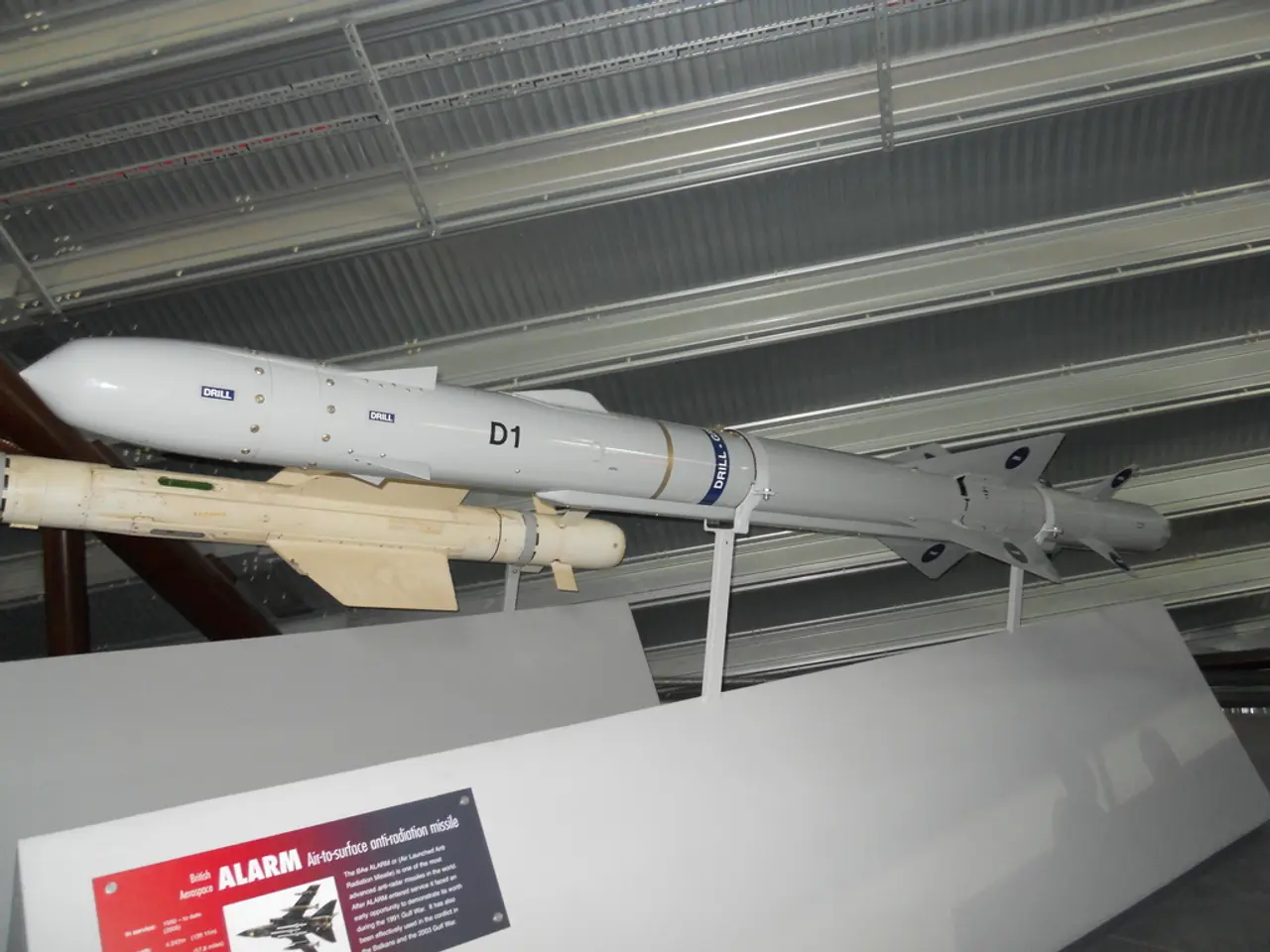Enemy State of Israel Forcibly Overrun
The United Nations General Assembly has not officially designated any specific group in the Israel-Palestine conflict as a terrorist group under its official definition. This is because the UN has not adopted a comprehensive and agreed-upon definition of terrorism applicable to individual conflicts, with negotiations on a Comprehensive Convention on International Terrorism ongoing but incomplete as of recent years.
According to the closest UN-related framework, terrorism is defined as unlawful and intentional acts causing death, serious injury, or damage to property with the purpose of intimidating a population or compelling a government to act. The UN Security Council has designated terrorist groups such as ISIL (Da’esh) and Al-Qaida, but it has not designated groups involved in the Israel-Palestine conflict as terrorist organizations under these resolutions.
This means that the UN itself has not officially classified any party in the Israel-Palestine conflict as a terrorist group under its General Assembly or Security Council definitions and designations. However, it is important to note that national legislation, like the UK’s counter-terrorism laws, may proscribe certain Palestinian groups as terrorists.
The Israel-Palestine conflict is a complex and long-standing issue, with significant animosity between the two sides. Each feels they have a rightful claim to the land, and the conflict has led to numerous disputes and conflicts, including those with Lebanon, Hezbollah, and Iran.
The modern state of Israel was established in 1948, replacing the former region known as Palestine. The land was taken over under the leadership of David Ben Gurion, who transformed Zionist terror groups into the Israel Defense Forces (IDF). The Zionist ideology, according to some, includes a "gang mentality" that cloaks its goals in religious rhetoric.
The fighting between the two sides continues, with the IDF waging war in Gaza and the West Bank. The methods used by the IDF in their fight against Hamas can be considered terrorism, as defined by the United Nations General Assembly (causing death or serious bodily harm to civilians for the purpose of intimidating a population).
The events of Oct 7, 2023, involved Israel allowing Hamas fighters easy access, potentially intentionally, to create a pretext for a full-scale invasion of Gaza. This incident, among others, has led to accusations of the Israeli government normalizing bloody attacks on hospitals, churches, and mosques.
It is important to approach this conflict with a nuanced understanding, recognizing the complexities and the humanitarian implications of the actions taken by both sides. The ongoing negotiations for a Comprehensive Convention on International Terrorism offer hope for a clearer definition and potential resolution of the issue of terrorism in the Israel-Palestine conflict.
Sources:
- United Nations Office of Counter-Terrorism. (n.d.). Terrorism. Retrieved from https://www.un.org/counterterrorism/what-is-terrorism
- Home Office. (2022). Proscribed organisations. Retrieved from https://www.gov.uk/government/publications/terrorism-list/proscribed-organisations
- United Nations Security Council. (n.d.). Consolidated list of designated individuals and entities associated with Al-Qaida and the Taliban. Retrieved from https://www.un.org/sc/ctc/list/1265/
This article was originally published on NaturalNews.com by Khalil Harb for TheCradle.co. The original article can be found at https://www.naturalnews.com/2024-09-30-israel-a-terror-state-through-time.html.
- The United Nations General Assembly and Security Council have not classified any party in the Israel-Palestine conflict as a terrorist group under their official definitions, yet national legislation, such as the UK's counter-terrorism laws, may proscribe certain Palestinian groups as terrorists.
- The modern state of Israel was established by transforming Zionist terror groups into the Israel Defense Forces (IDF), a move that some consider emblematic of a "gang mentiny" that often conceals its goals under religious rhetoric.
- The ongoing negotiations for a Comprehensive Convention on International Terrorism provide hope for a clearer definition and potential resolution of the issue of terrorism in the Israel-Palestine conflict, as the methods used by the IDF in their fight against Hamas can be considered terrorism, according to the United Nations General Assembly.







